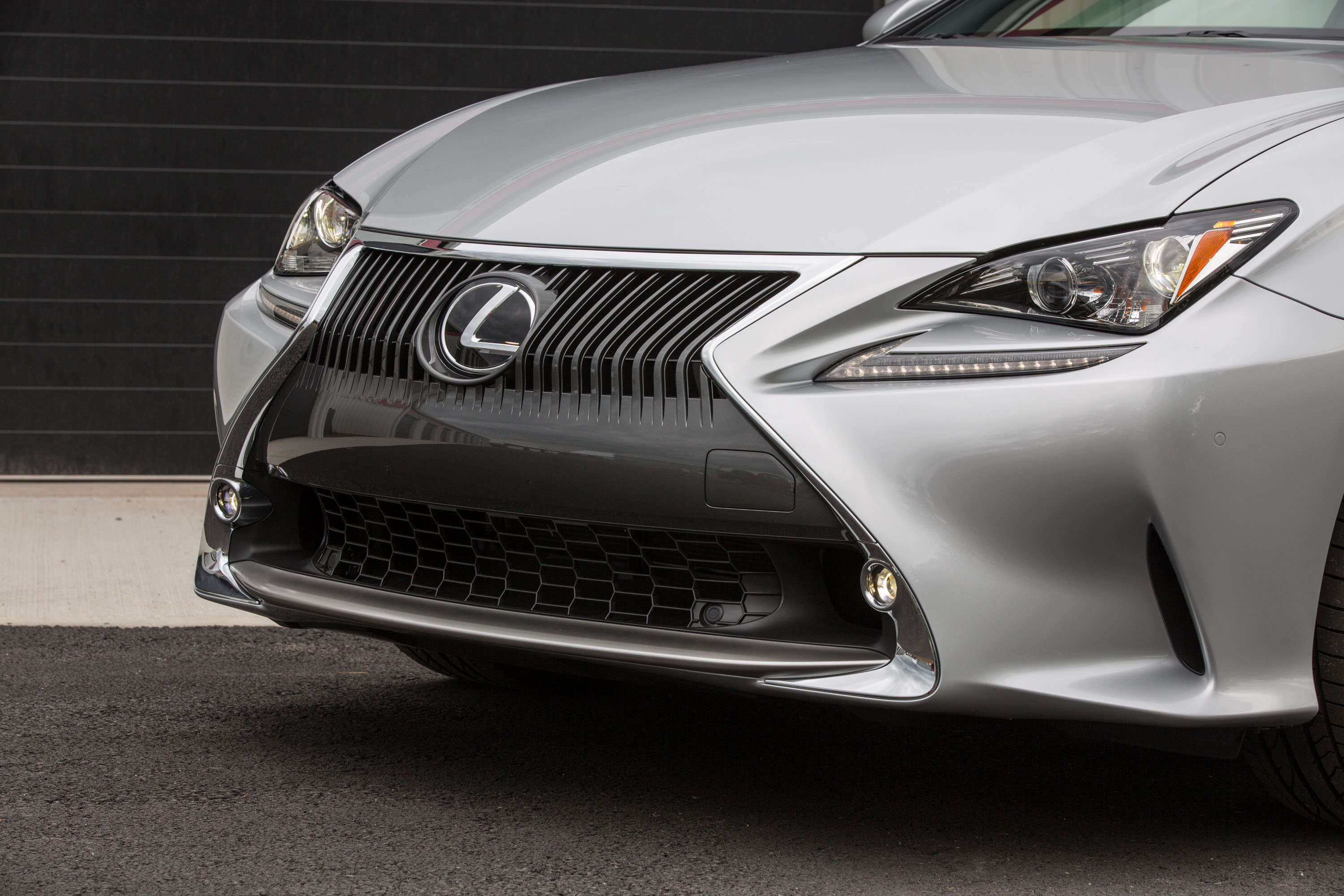Cars and Drivers
Lexus and Infiniti Reach 25th Birthdays, Proving Their Challenges Worked
Published:
The car enthusiast media has celebrated the 25th birthdays of Japanese luxury brands Infiniti and Lexus for almost the entire year. Is it any wonder? Almost no one expected the Japanese, the kings of low-price, high-mileage, high-quality cars, could assail the likes of Cadillac, Mercedes and BMW. However, the gambles by parent companies Toyota Motor Corp. (NYSE: TM), in the case of Lexus, and Nissan, in the case of Infiniti, worked, although Toyota’s payoff was by far the better one.
The philosophy behind the attack on the luxury market was that high-end buyers wanted more reliable cars, and ones backed by dealers that would pamper them. Toyota and Nissan had the product development and balance sheets to lay siege to the established brands. Loyalty to Ford Motor Co.’s (NYSE: F) Lincoln and General Motors Co.’s (NYSE: GM) Cadillac had already started to slip due to the advance of German imports.
Fast forward to 2014, and in August Toyota sold 32,809 Lexus cars and SUVs, up 10.4%. The Mercedes number was 28,958, or up 10.7% for the month. BMW weighed in at 27,214, up 11%. Infiniti, on the other hand, barely competes with Cadillac. Infiniti’s unit sales volume was 9,164, down 22.9% in August. The Infiniti count looked more like Lincoln’s, which for the month was 8,146, down 0.6%. Although better off than Infiniti, Cadillac’s chance to catch the market leaders has fallen apart for now, as its August sales were 16,650, down 17.8%.
ALSO READ: Volkswagen Starts a Comeback
One argument about why Lexus has prospered and Infiniti has not is that Lexus has a very broad line of models. Infiniti offerings are built around a very modest line of coupes and sedans, with very little in the way of crossovers, wagons and SUVs. Infiniti is at least in the midst of launching several new vehicles, led by the QX80 big SUV and a sedan that will be among the fastest in the world — the Q50 Eau Rouge. Too bad, the Q50 is based on the Nissan GT-R, which is too powerful and too expensive for most buyers with a base price of more than $100,000.
Lexus, though, is expected to release three vehicles, a launch rate that is closer to that of Mercedes and BMW. Lexus has also been aided by its image as a car company that offers luxury cars priced below the two leading Germans, along with quality rankings that often top the industry. Its sales figures indicate the push has worked.
Twenty-five years past the launches of Infiniti and Lexus, the notion that the Japanese could build luxury cars been proven, even though one attempt has been hugely successful and the other has stumbled.
ALSO READ: Ford’s Prospects Fall Apart
Start by taking a quick retirement quiz from SmartAsset that will match you with up to 3 financial advisors that serve your area and beyond in 5 minutes, or less.
Each advisor has been vetted by SmartAsset and is held to a fiduciary standard to act in your best interests.
Here’s how it works:
1. Answer SmartAsset advisor match quiz
2. Review your pre-screened matches at your leisure. Check out the advisors’ profiles.
3. Speak with advisors at no cost to you. Have an introductory call on the phone or introduction in person and choose whom to work with in the future
Thank you for reading! Have some feedback for us?
Contact the 24/7 Wall St. editorial team.